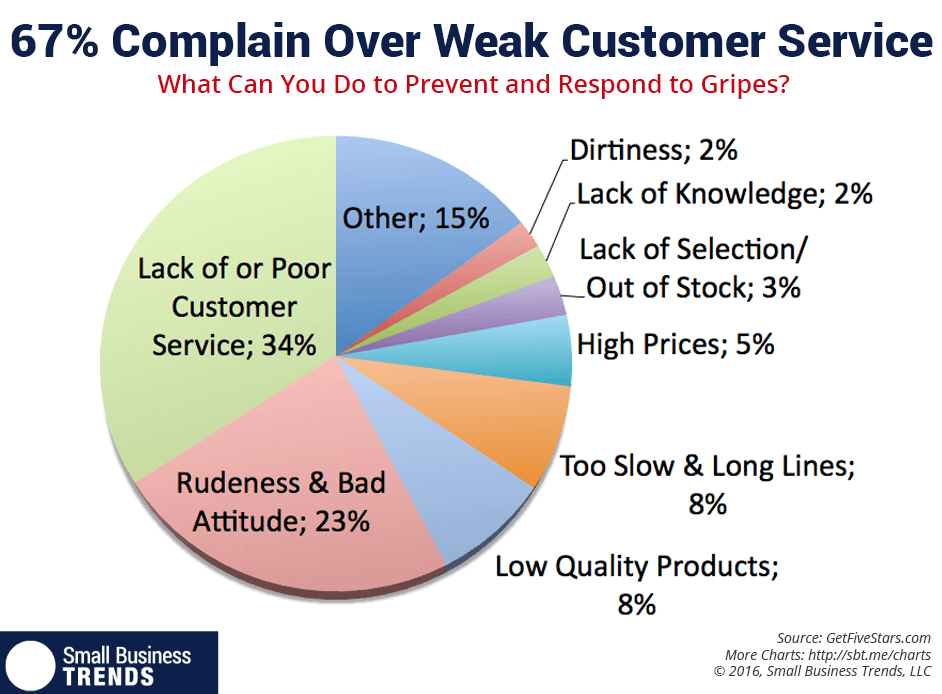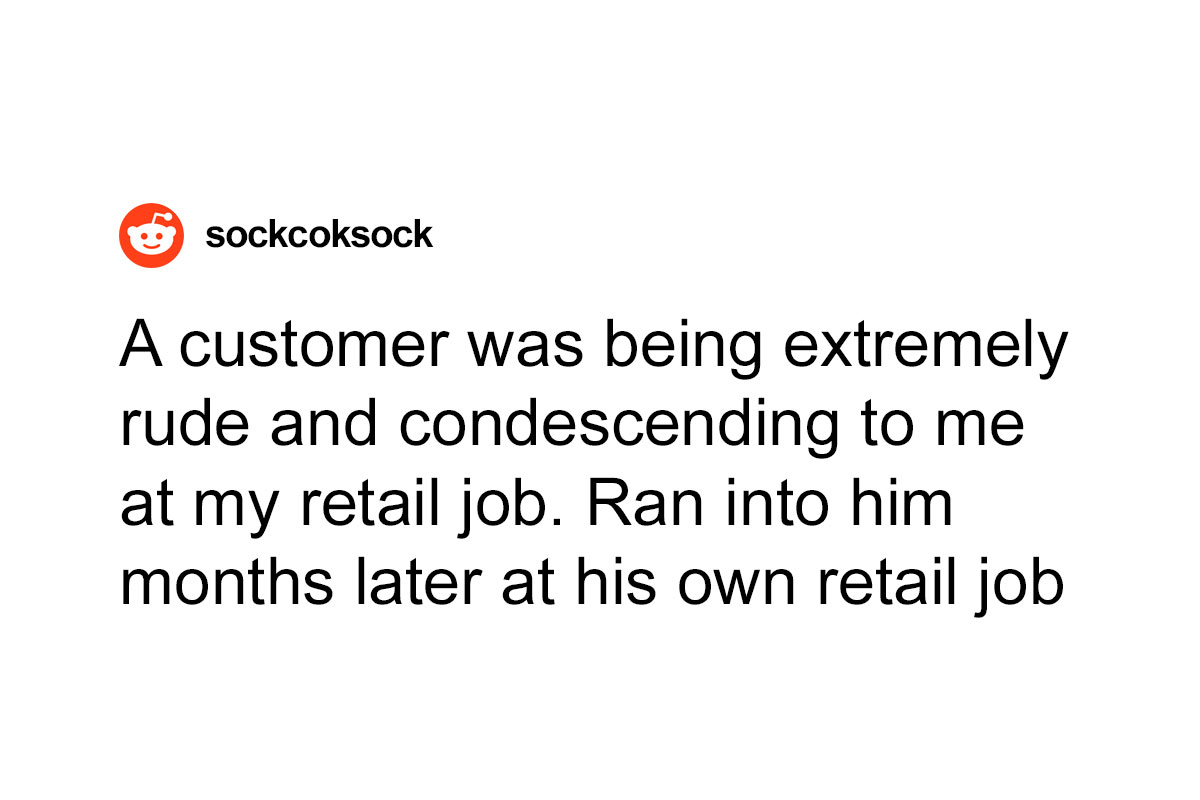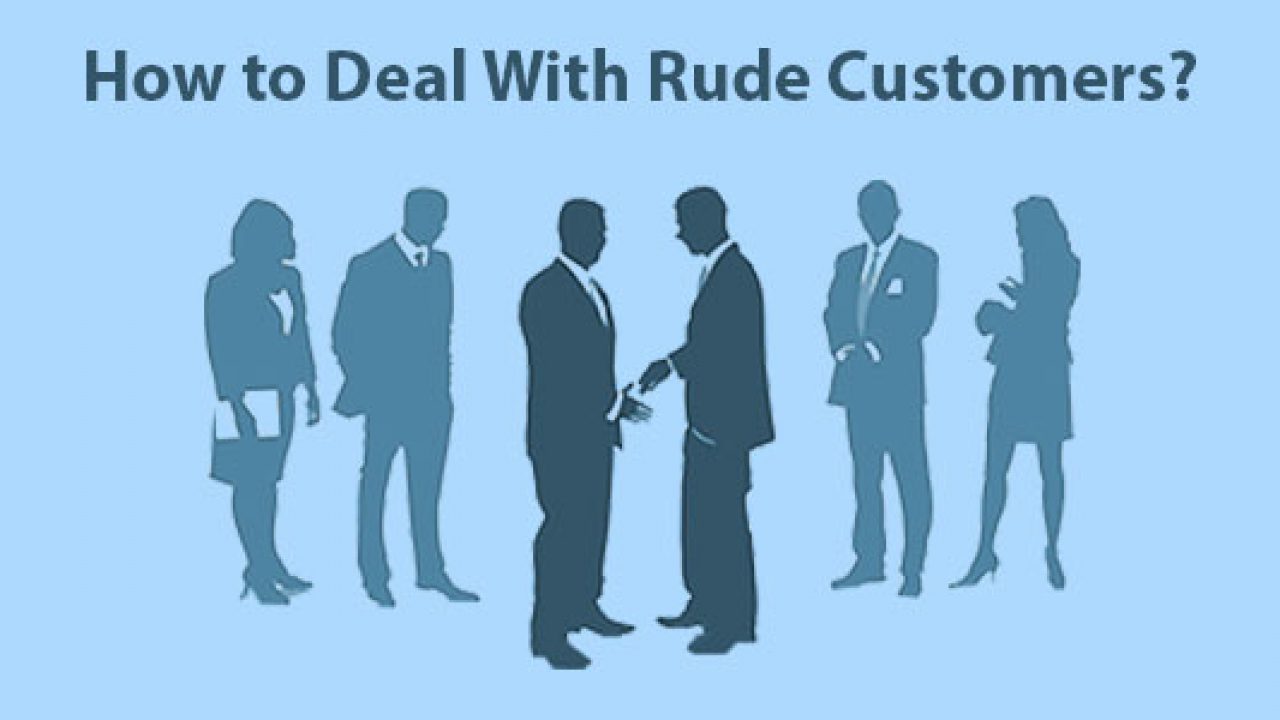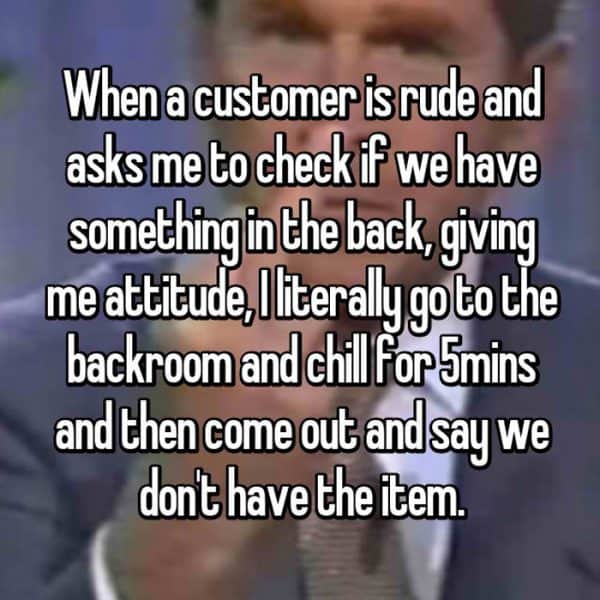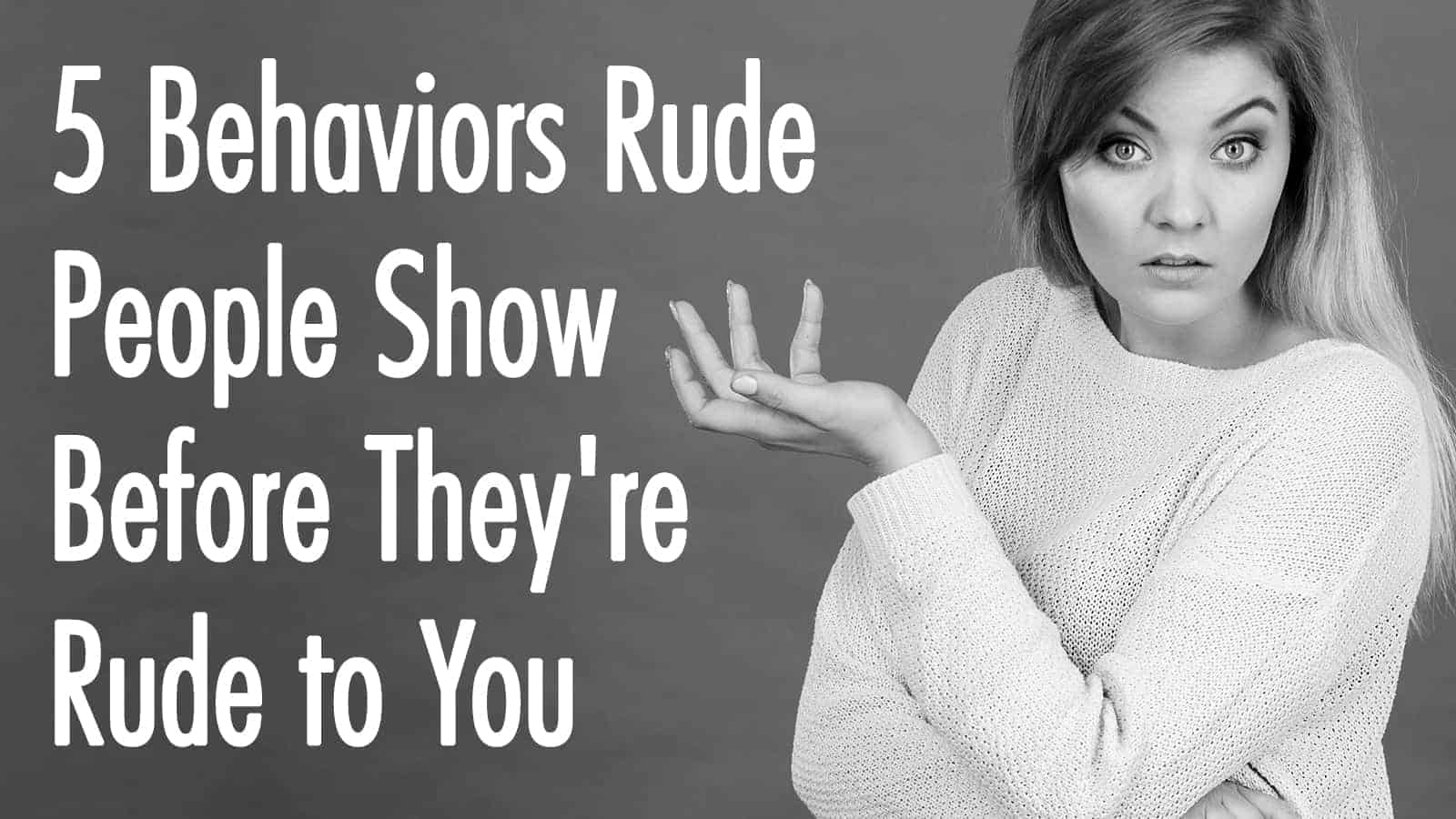Why Do Customers Think They Can Be Rude
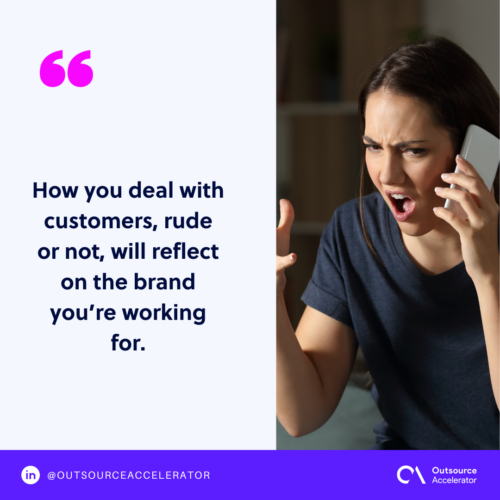
A rising tide of incivility appears to be washing over customer service interactions, leaving employees feeling demoralized and businesses grappling with the fallout. From retail workers to restaurant servers, anecdotal evidence suggests a worrying trend: customers seem increasingly comfortable exhibiting rude, aggressive, or even abusive behavior.
The problem isn’t just about isolated incidents. Understanding why customers feel entitled to act disrespectfully and what, if anything, can be done to mitigate this behavior is critical for businesses and employees alike.
The Perfect Storm of Factors
Several converging factors appear to be fueling this increase in customer incivility. One significant contributor is the heightened stress and anxiety levels resulting from recent global events, including the pandemic and economic uncertainty. These anxieties can manifest as impatience and aggression in everyday interactions.
The rise of social media and online reviews has also played a role. Customers may feel emboldened to act disrespectfully, knowing they can easily voice their complaints publicly and potentially damage a business's reputation with a negative review.
The Anonymity Effect
Online interactions, in particular, can strip away the usual social constraints. The perceived anonymity of communicating through email, chat, or social media can make it easier for individuals to express anger or frustration without considering the impact on the recipient.
This phenomenon, known as the online disinhibition effect, suggests that people behave differently online than they would in face-to-face interactions.
Economic Pressures and Entitlement
Economic hardship and inflation are undeniably impacting consumer behavior. Customers may feel more entitled when spending their money, especially if they perceive prices to be rising or services to be declining.
This sense of entitlement can be exacerbated by the perception that businesses are prioritizing profits over customer satisfaction.
The Role of Company Policy
Ironically, some business practices may inadvertently contribute to the problem. Companies that prioritize "the customer is always right" mantra, even when customers are clearly in the wrong, can create a culture of permissiveness.
Employees may feel pressured to tolerate abusive behavior in order to avoid negative reviews or disciplinary action.
Lack of Training
Many frontline employees lack the necessary training to effectively de-escalate difficult situations. Without the proper tools and techniques, they may feel ill-equipped to handle rude or aggressive customers, further fueling the cycle of negativity.
Proper de-escalation training is critical for employees to navigate difficult situations effectively.
The Impact on Employees
The constant exposure to rude and abusive customers can have a significant impact on employee well-being. Burnout, stress, and decreased job satisfaction are common consequences.
This can lead to higher turnover rates, increased absenteeism, and ultimately, a decline in the quality of customer service.
"We are seeing a real impact on our employees' mental health," said Jane Doe, a manager at a local retail store. "They're constantly facing negativity, and it's taking a toll."
Moving Towards Solutions
Addressing this issue requires a multi-faceted approach. Businesses need to empower employees to stand up for themselves while still providing excellent customer service. This includes establishing clear boundaries and consequences for unacceptable behavior.
Companies should also invest in de-escalation training for employees and foster a culture of respect and empathy. It also includes supporting employees when confronted with the public, regardless of the situation.
Ultimately, fostering a culture of respect and empathy is key. A more respectful and understanding society would result in positive customer interactions.





